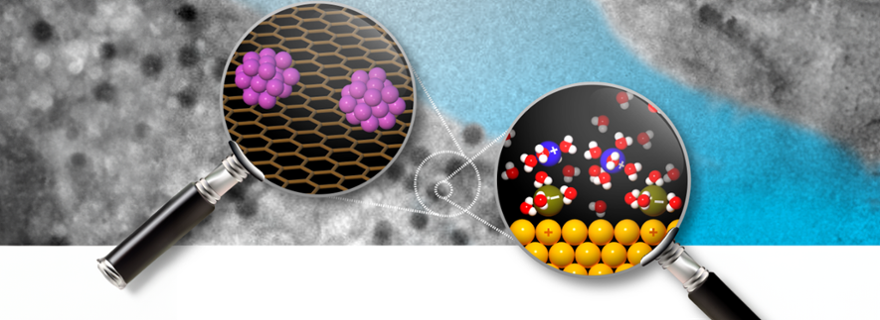On March 25, the Dutch Science Foundation NWO announced that the consortium “Advanced Nano-electrochemistry Institute Of the Netherlands (ANION)” will receive a Gravitation grant of 23.6 million euros for research into electrochemical processes that are important for the energy transition. The van ‘t Hoff Institute for Molecular Sciences (HIMS) is one of the partners in this consortium.
A large-scale energy transition requires efficient electrochemical processes for generating, converting and storing energy. Current electrochemical processes have major limitations and are not sufficient for this. To fundamentally improve these systems, there is currently insufficient knowledge of the processes that take place in electrochemical systems on the smallest scale. In this multidisciplinary research program, chemists and physicists will lay the foundation for new efficient electrochemical technologies that should lead to a drastic reduction of humanity’s carbon footprint.
The consortium consists of Prof. Marc Koper (U Leiden, leader), Prof. Petra de Jongh (U Utrecht), Prof. Moniek Tromp (U Groningen), Prof. Huib Bakker (AMOLF), Prof. Serge Lemay (U Twente), Prof. Peter Bolhuis (UvA)
The Computational Chemistry group will play a large role in the UvA part of the consortium. The computational chemists in the consortium, including Evert Jan Meijer and Bernd Ensing, together cover a wide range of expertise for modeling electrochemical systems, ranging from density functional theory (DFT) and DFT- based molecular dynamics methods to enhanced sampling methods. However, realistic description of electrochemical conversion under realistic conditions poses a formidable challenge, requiring a need for better and more accurate models for electrochemical systems, in particular for materials with a complex electronic structure. In addition, large-scale systems need to be addressed, requiring special multiscale techniques. The computational chemistry group is well positioned to tackle these challenges.
